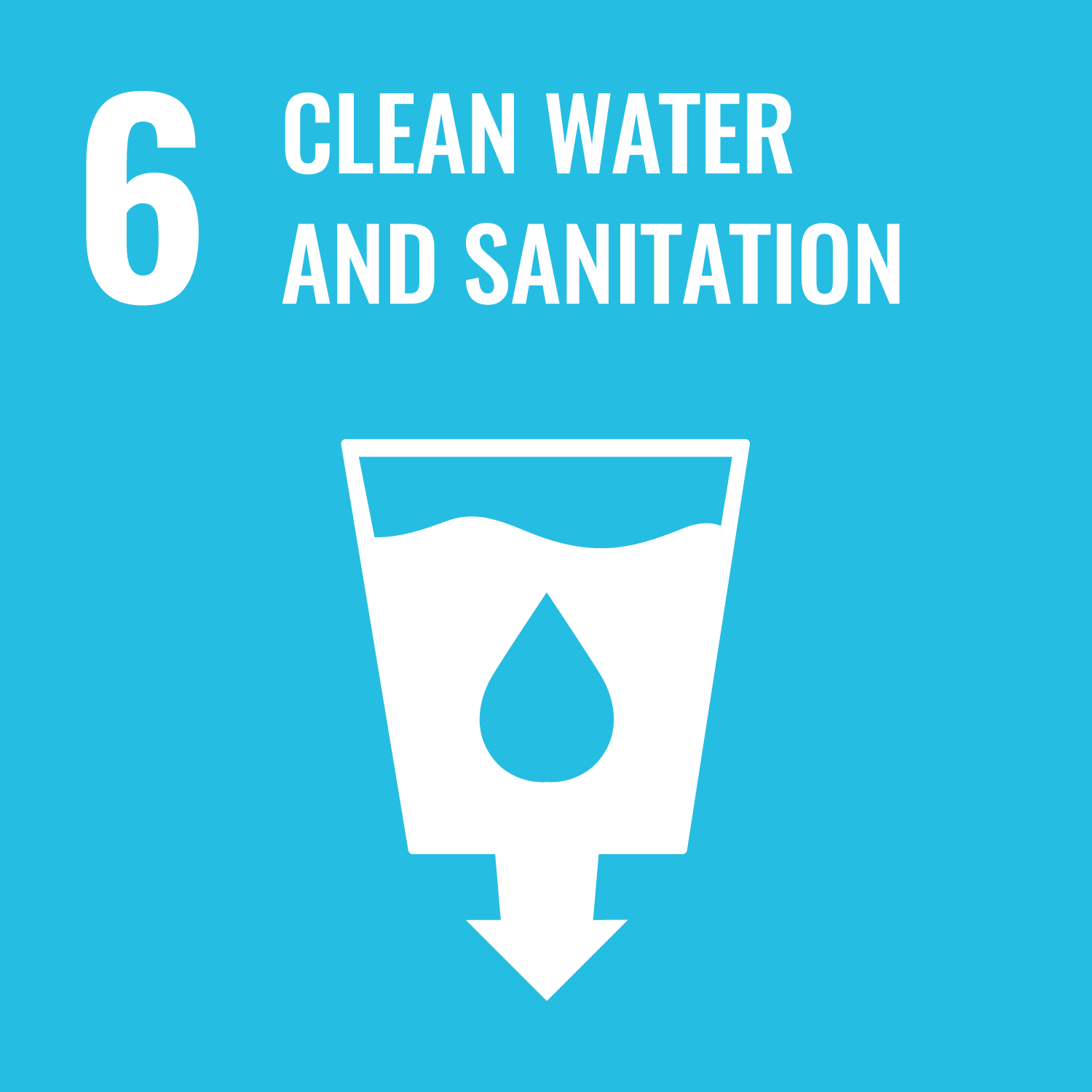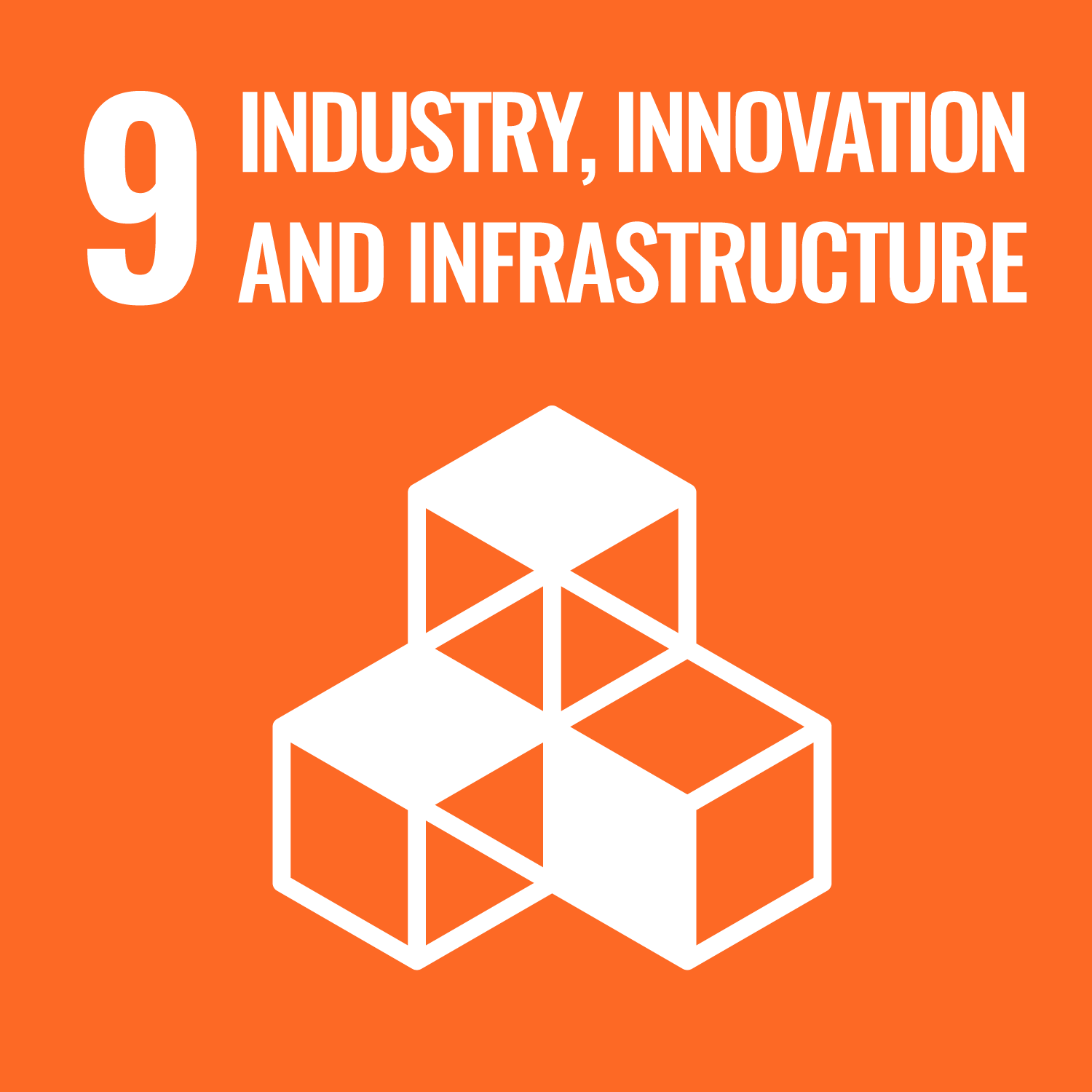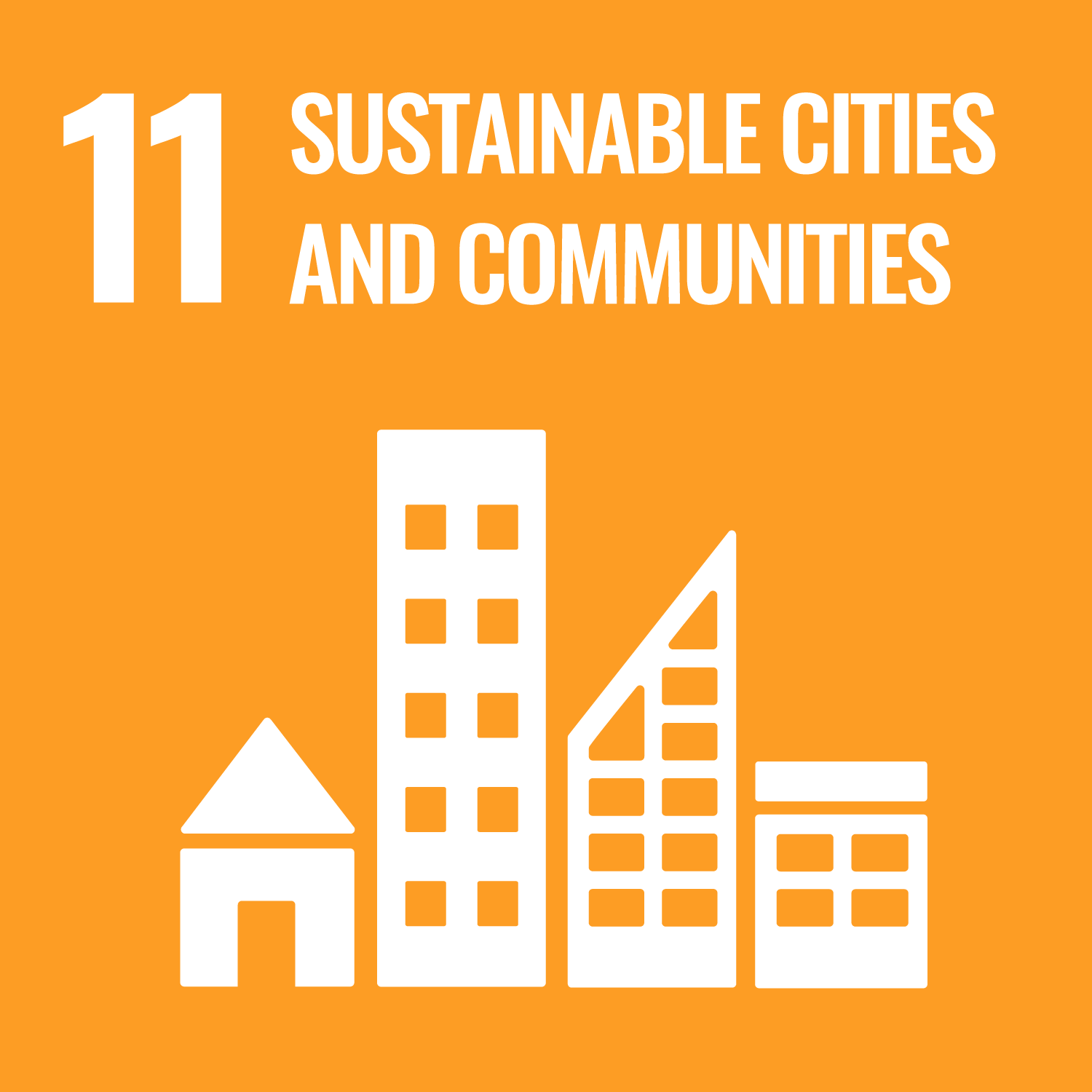Support to National Urban Sanitation Policy II
Objective
- support National Urban Sanitation Policy (SNUSP) – II
- support Indian states and their cities to take effective measures for avoiding pollution caused by wastewater and municipal solid waste
Description
During the past decade, the number of Indian towns and cities with over 5,000 inhabitants has grown rapidly. A 2014 UN-backed report estimates the population in India’s towns and cities will reach 600 million by 2031. According to the New Climate Economy Report by The
Global Commission on the Economy and Climate, such “unprecedented growth is leaving municipal governments with critical infrastructure shortages and service gaps.”
A major component of the infrastructure and services, the water supply and waste water management system, has not been able to keep pace with the needs of the rising urban population. Only around 10 per cent of all towns and cities have a sewerage network. A large portion of the waste water does not even reach sewage treatment facilities. Mostly, untreated waste water flows into surface as well as groundwater and pollutes these water sources. The management of Municipal Solid Waste (MSW) in urban areas has emerged as a severe problem not only because of environmental and aesthetic concerns but also because of the large quantities generated every day.
Looking to address such challenges, in 2008, India’s Ministry for Urban Development launched the National Urban Sanitation Policy (NUSP), a comprehensive policy framework for municipal sanitation systems
facilitating their improvement. In 2014, the central government reinforced its commitment by launching the Swachh Bharat Mission (Clean India Mission). The ministry also launched Atal Mission for Rejuvenation and Urban Transformation (AMRUT) and Smart Cities,
the two other important missions targeted to urban development, which focus on improving infrastructure and services in Indian cities.
While the missions provide opportunities for positive development, the administration of cities are facing the challenge of limited expertise, manpower and experience to fulfill the objectives of these initiatives.
Field of intervention
- Municipal Solid Waste Management and Waste Water Management
Targeted beneficiaries
- State and city level officials
Achievements
- The project aims to improve the situation on the ground by providing technical support in developing strategies, standards, guidelines, and moving on to providing support in successful implementation.
- The project also intends to enhance the capacities at state and city level towards adopting participatory processes for formulating and implementing citywide sanitation plans for applying the new Solid
- Waste Management Rules 2016. This process will not only create ownership among the partners, but will also ensure sustainability of the initiatives.
- The project is expected to offer evidence-based solutions for technical subjects such as gendersensitive public toilets, management of faecal sludge, management of solid waste and non-conventional waste water management systems to the Ministry of Urban Development and state departments. These could be subsequently applied, upscaled and customised as per the existing requirement across the country.
- The implementation of the state strategies, citywide sanitation plans, the Solid Waste Management Rules 2016, corresponding manual and the resulting concrete solutions will ultimately decrease land and water pollution and improve the sanitation situation in Indian cities, thereby supporting the Government of India’s vision of a “Swachh Bharat” (Clean India).
Publications/Knowledge Products
COUNTRY
India
DURATION
01 April 2014 - 30 September 2018





